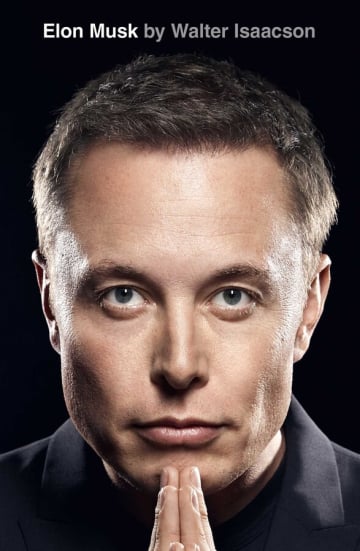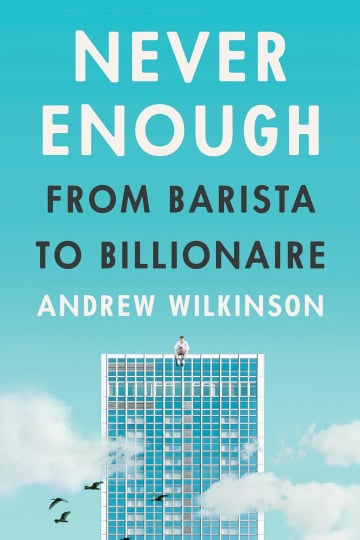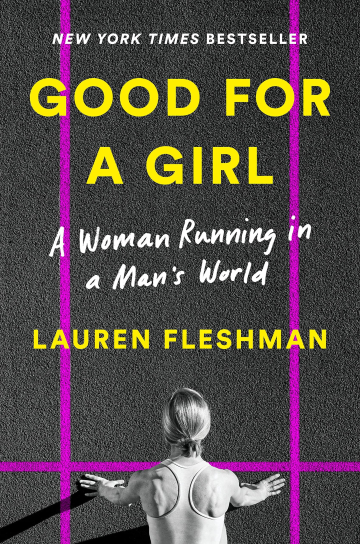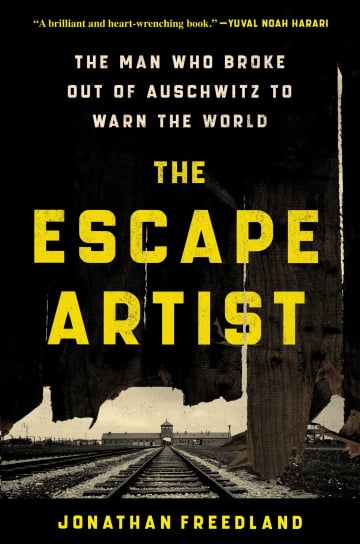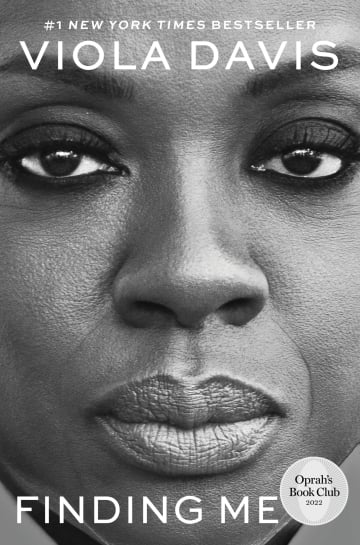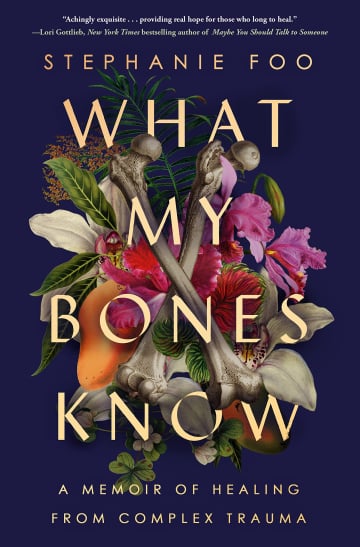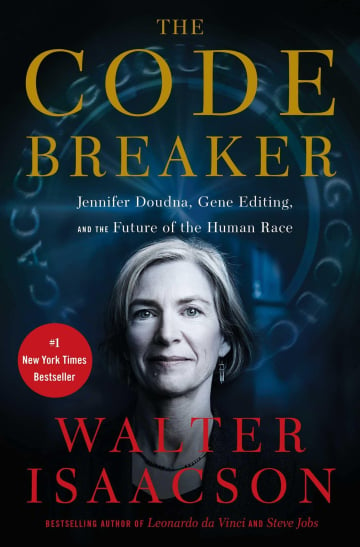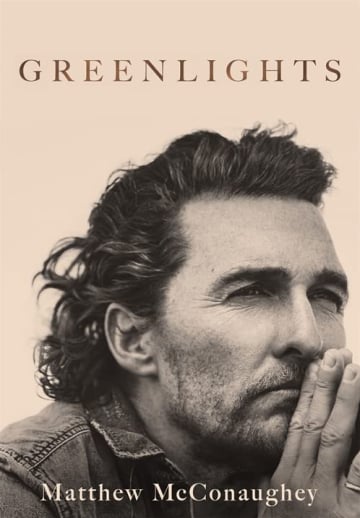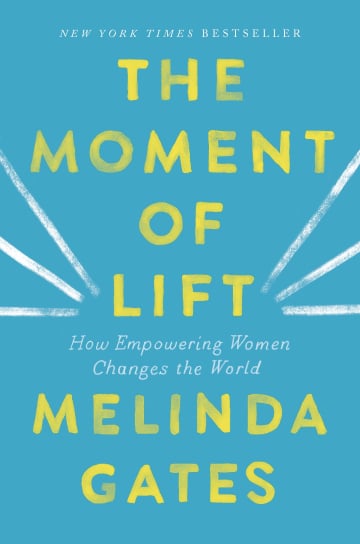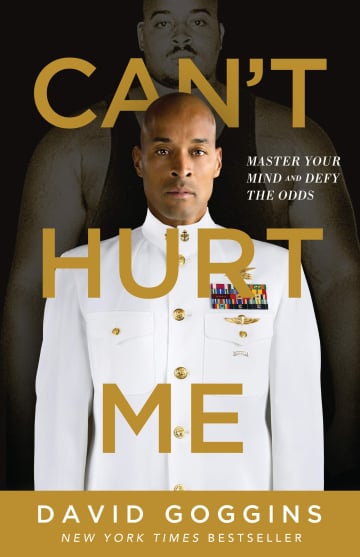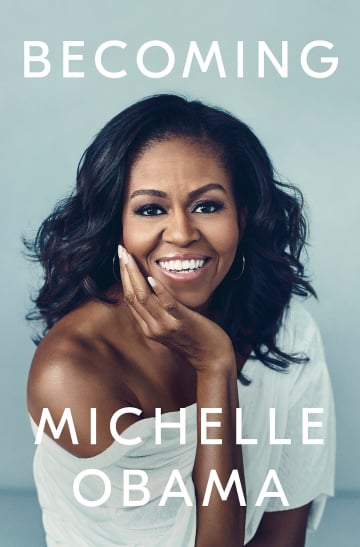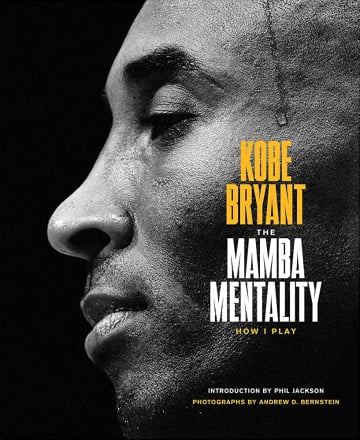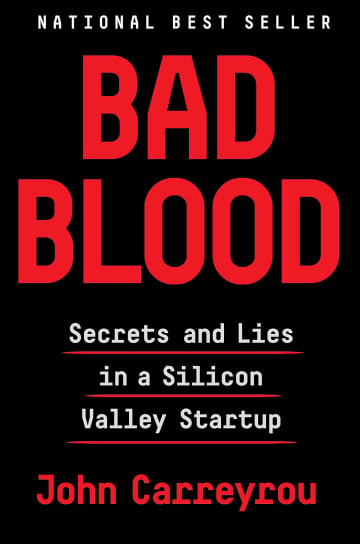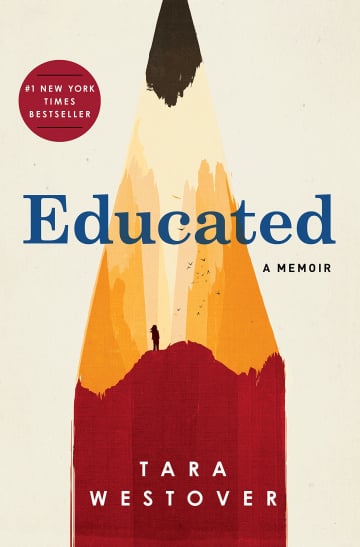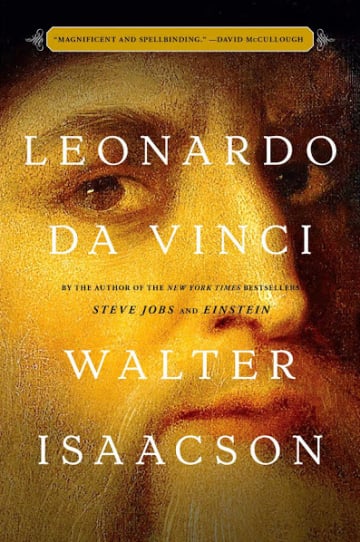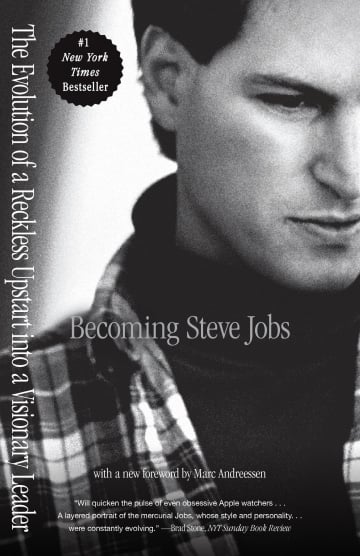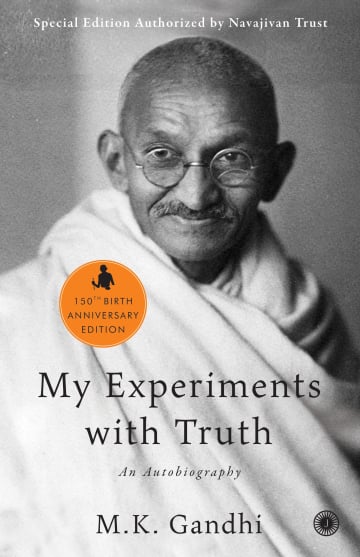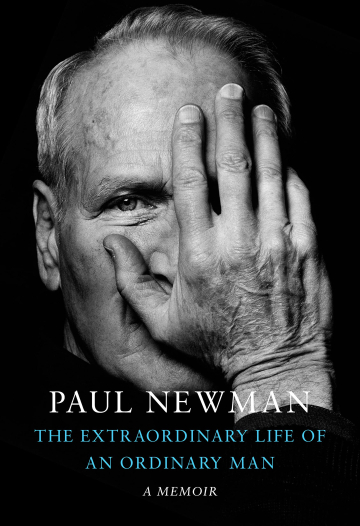
The Extraordinary Life of an Ordinary Man: A Memoir
⚡️ 10 Quotes from the book
“You can read about private jets and red carpets elsewhere. This is definitely not that.”
“I wasn’t naturally anything. I wasn’t a lover. I wasn’t an athlete. I wasn’t a student. I wasn’t a leader. I measured things by what I wasn’t, not by anything I was.”
“I see that period in my life as the beginning of a great failure: failure to provide relief for Jackie at the home she lived in, failure as a husband, a lover, as an actor, as a father. I don’t deny anything. I’m not trying to allay anything. I do, though, have a predisposition to look at the negative of things.”
“Scott was an incredibly sensitive child. And I don’t think incredibly sensitive people fare well in this world.”
“It was my appearance that got me in the door. Where the hell would I have been if I looked like Golda Meir? Probably no place.”
“I wish I could do lots of things, but I can’t—and that doesn’t make me a bad person.”
“For someone as controlled as I am, to experience the delight, the luxury, of being out of control, not to have an inkling of what’s around the next corner and to keep yourself constantly at risk, is simply pleasurable.”
“It takes such a long time to grow up and by the time you really get there the people usually you’re growing up for are gone.”
“I only have a few firm convictions. I don’t believe in a hereafter. I don’t believe in resurrection. I’m not a mystic or a supernaturalist. But I am convinced that this is only a dress rehearsal. And when I die and they put me in that box down into the ground, someone is going to yell, “Cut!””
“He passed this philosophy along to his family: when you are lucky enough to have a good life, then you should give back.”
Related videos
Follow the author
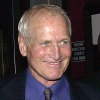
Paul Newman
Publications
The Guardian: Paul Newman: The Extraordinary Life of an Ordinary Man review – a screen idol full of self-loathing
The New York Times: Paul Newman’s Humanity and Star Power
The Wall Street Journal: ‘The Extraordinary Life of an Ordinary Man’ Review: Paul Newman’s Verdict
The Washington Post: What Paul Newman wanted us to know about him — or perhaps didn’t
The New Yorker: Who Paul Newman Was—and Who He Wanted to Be
Ask Albert:
Rate the book
⚡️ Discover Even More Bookish Wisdom
recommends
recommends
recommends
recommends
